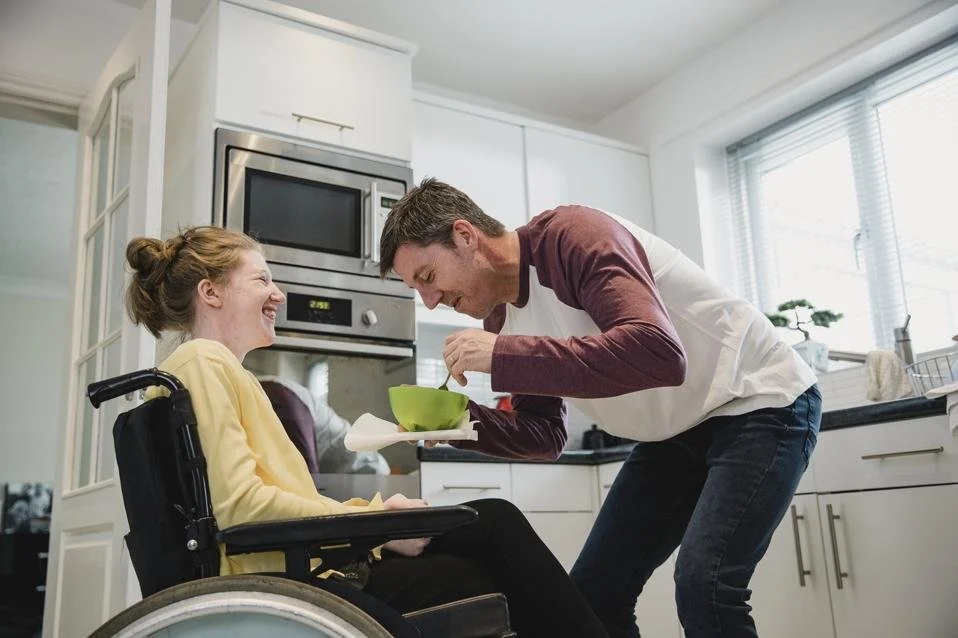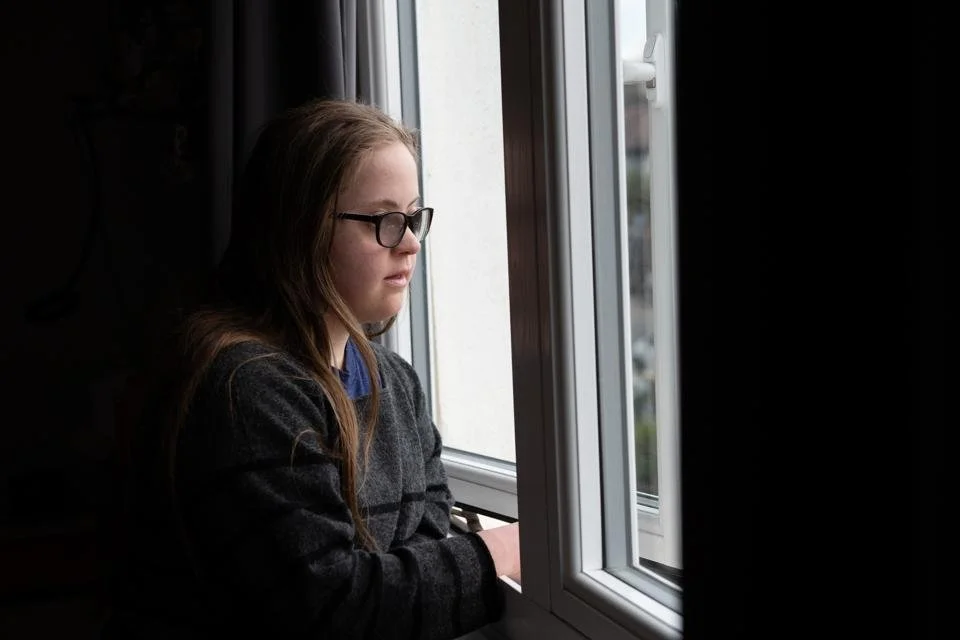Our Place Blog & News

The Aging And Disability Crisis We Can’t Afford To Ignore
The challenges facing adults with intellectual and developmental disabilities (IDD) as they age do not occur in isolation. They mirror broader demographic shifts in society. Just as the general population is living longer and grappling with questions of retirement security, caregiving, and healthcare access, the IDD community is experiencing the same pressures along with additional layers of complexity. A common experience is the struggle with housing shortages, rising healthcare costs, and overstretched caregiving networks.
These parallels remind us that the future of aging is interconnected. By designing housing, healthcare, and caregiving solutions with inclusivity in mind, we create pathways that benefit everyone. The solutions developed for people with disabilities such as integrated housing models, coordinated care systems, and family future planning can serve as models that strengthen our collective ability to age with dignity.

Storytelling For Advocacy
Sharing stories is a critical way to advocate for important issues and influence change. When it comes to advocating for disability rights and shaping disability policy, storytelling is a powerful tool. People with disabilities have historically been marginalized and underrepresented in decisions that impact their lives. By sharing personal narratives, people with disabilities and their allies can bring lived experiences into spaces where policies are debated, budgets are allocated, and programs are designed. Stories can move people to action.

Siblings Of People With Disabilities: Supporting The Next Generation Of Supporters
The sibling relationship is an enduring bond that has a profound influence throughout a person’s lifetime. Our sibling relationships are typically the longest relationships we have with another person. Most of us outlive our parents and meet our long-term friends and partners later in life. Siblings serve as the thread throughout our lives, with ups and downs along the way—times when they are close and other times when they drift apart.

Stronger Communities: The Ripple Effect Of Self-Determination In IDD Support
When adults with intellectual and developmental disabilities (IDD) are empowered to make choices about their own lives, the benefits extend far beyond the individual. Families feel more supported, communities grow more inclusive, and society benefits both socially and economically.

The Business Benefits Of Hiring People With Disabilities
In today’s competitive economy, companies are constantly seeking new ways to innovate, increase productivity and build strong, resilient teams. One of the most powerful yet often overlooked strategies to achieve these goals is disability inclusion in the workplace. Hiring people with disabilities isn’t just the right thing to do; it’s smart business.

Caring For The Caregivers: Supporting Families Of People With Disabilities In The Workforce
Millions of families across the United States quietly carry a profound and often invisible responsibility: caring for a loved one with disabilities, specifically intellectual and developmental disabilities (IDD)1. These caregivers—parents, siblings, and other family members—provide essential support for individuals with IDD, often providing daily care while also navigating complex service systems, advocating for inclusive opportunities, and planning for futures that often extends beyond their own lifetime.

Combating Isolation For Adults With Intellectual And Developmental Disabilities
Social isolation and loneliness have been pervasive public health concerns in America, especially impacting adults with intellectual and developmental disabilities (IDD). Both mental and physical health are impacted by isolation and loneliness with research indicating that it can be more harmful than smoking, increasing the risk of depression, heart disease, and premature death. While the emotional toll of isolation has been acknowledged in the broader population, adults with IDD often experience an even deeper, more persistent sense of isolation—stemming from systemic exclusion, lack of accessible opportunities, and insufficient support networks.
